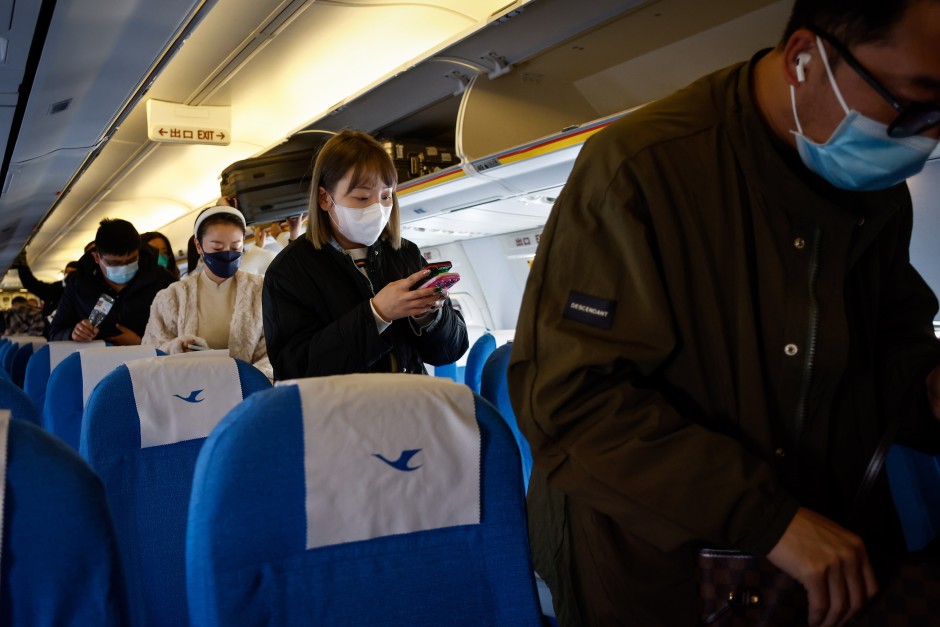
China is partially lifting its restrictions on travelers imposed in the wake of the corona pandemic. From January 8, people entering the country would no longer have to go into quarantine, the National Health Commission said on Monday. So far, a five-day quarantine in a state-controlled facility and three more days of isolation at home have been mandatory. In addition, the arrangements for foreigners entering China for work and business purposes would be improved and the necessary visa issuance would be facilitated, it said.
In addition, China’s handling of the corona virus will be downgraded from the currently strictest category A to the less strict category B, the authority said. The reason given was that the disease had become less virulent and was gradually developing into a common respiratory infection. However, travelers entering China must still undergo a PCR test 48 hours before departure.
China had long had a strict “zero Covid” policy, in which entire districts were closed off in the event of corona infections. This has hit the Chinese and international economy hard and has recently led to popular protests. A few weeks ago, President Xi Jinping made an abrupt about-face and lifted almost all restrictions in the country. That is why the number of infections in China is currently increasing drastically. Some experts believe that around 60 percent of China’s 1.4 billion people will contract the virus in the coming period and that more than two million people could die.
The Health Commission also said on Monday that it wanted to further increase the vaccination rate among older people and encourage people at high risk of serious illness to receive a second dose of vaccination. The vaccination rate among the vulnerable elderly population is relatively low in China. According to government data, only 57.9 percent of adults have received a booster shot, compared to 42.3 percent of people over 80. In addition, they were usually given the vaccine from the Chinese company Sinovac, which is considered less effective than that of the German company Biontech.







